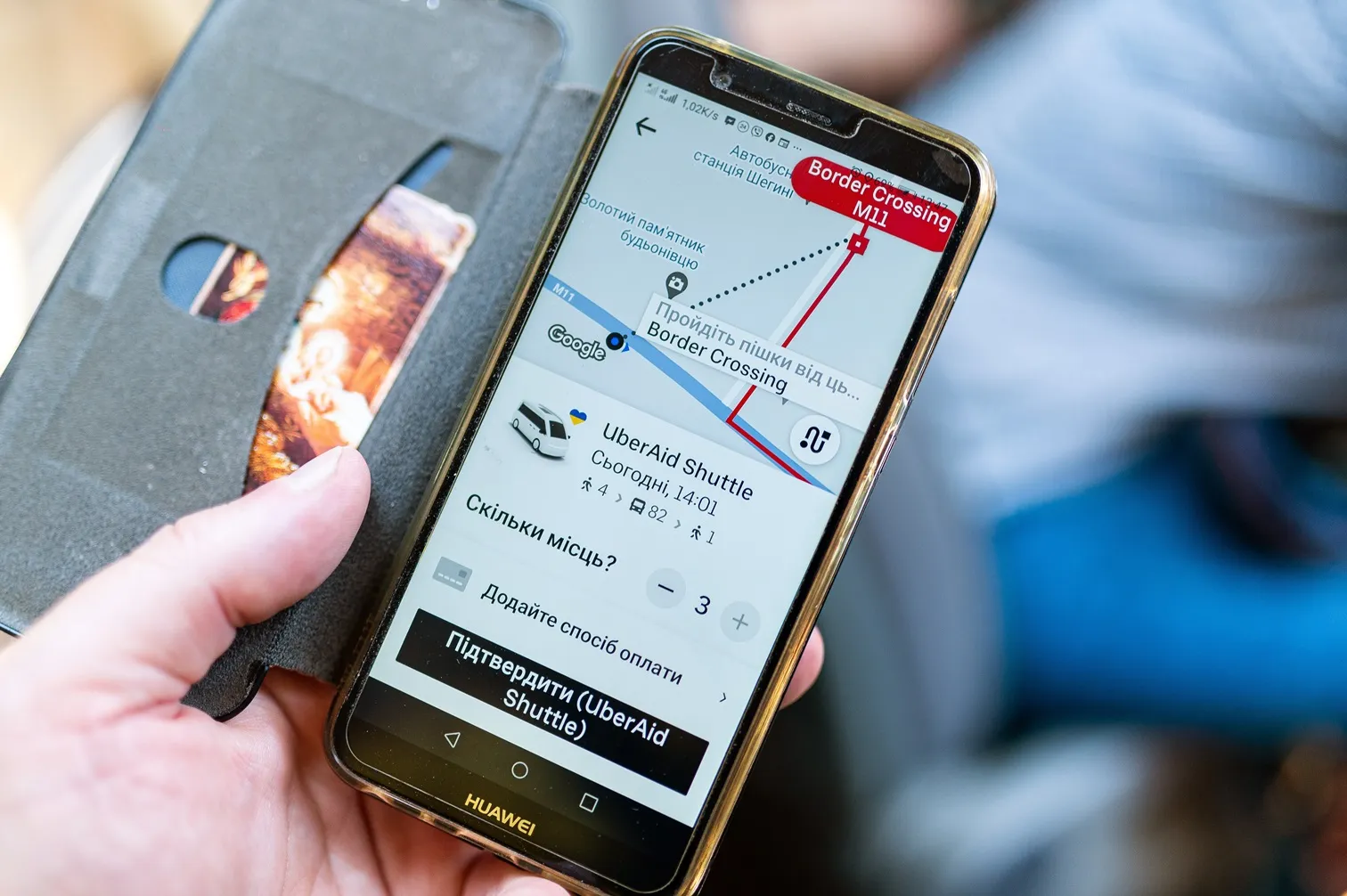A man has been found guilty in a UK court of plotting to use a driverless car for terrorism.
Farhad Salah was convicted at Sheffield Crown Court after prosecutors argued that he was planning to put an explosive device in a vehicle which could then be controlled remotely.
He will be sentenced on 24 July after the jury found him guilty by a majority of 10 to two.
His co-defendant Andy Star was found not guilty of the same offence at the trial.
It is the second time that both men, who are Iraqi nationals, have been tried on terrorism charges – a different jury was unable to reach a verdict on them last year.
Prosecutors said that Salah sent a Facebook message saying: “My only attempt is to find a way to carry out martyrdom operation with cars without driver.”
Salah (who lived in Sheffield) and Star (who had a chip shop in Chesterfield) were arrested in police raids on their homes in December 2017.
Counter-terrorism police said Salah was a “very real risk to the safety of the public in the UK” but no intended target has been identified.
Man convicted of driverless car terror plot in UK
A man has been found guilty in a UK court of plotting to use a driverless car for terrorism.
Farhad Salah was convicted at Sheffield Crown Court after prosecutors argued that he was planning to put an explosive device in a vehicle which could then be controlled remotely.
He will be sentenced on 24 July after the jury found him guilty by a majority of 10 to two.
His co-defendant Andy Star was found not guilty of the same offence at the trial.
It is the second time that both men, who are Iraqi nationals,
July 16, 2019
Read time: 2 mins









